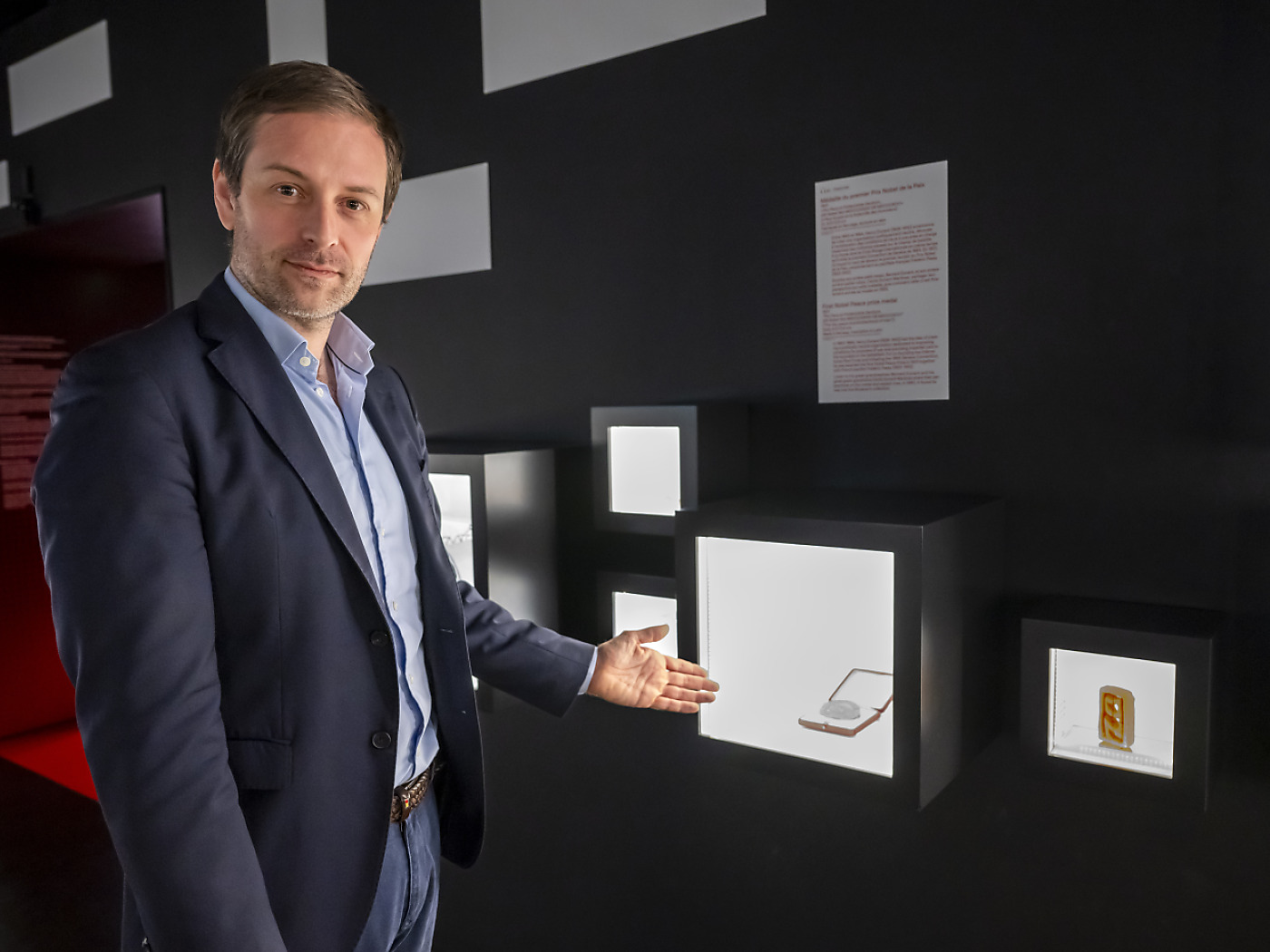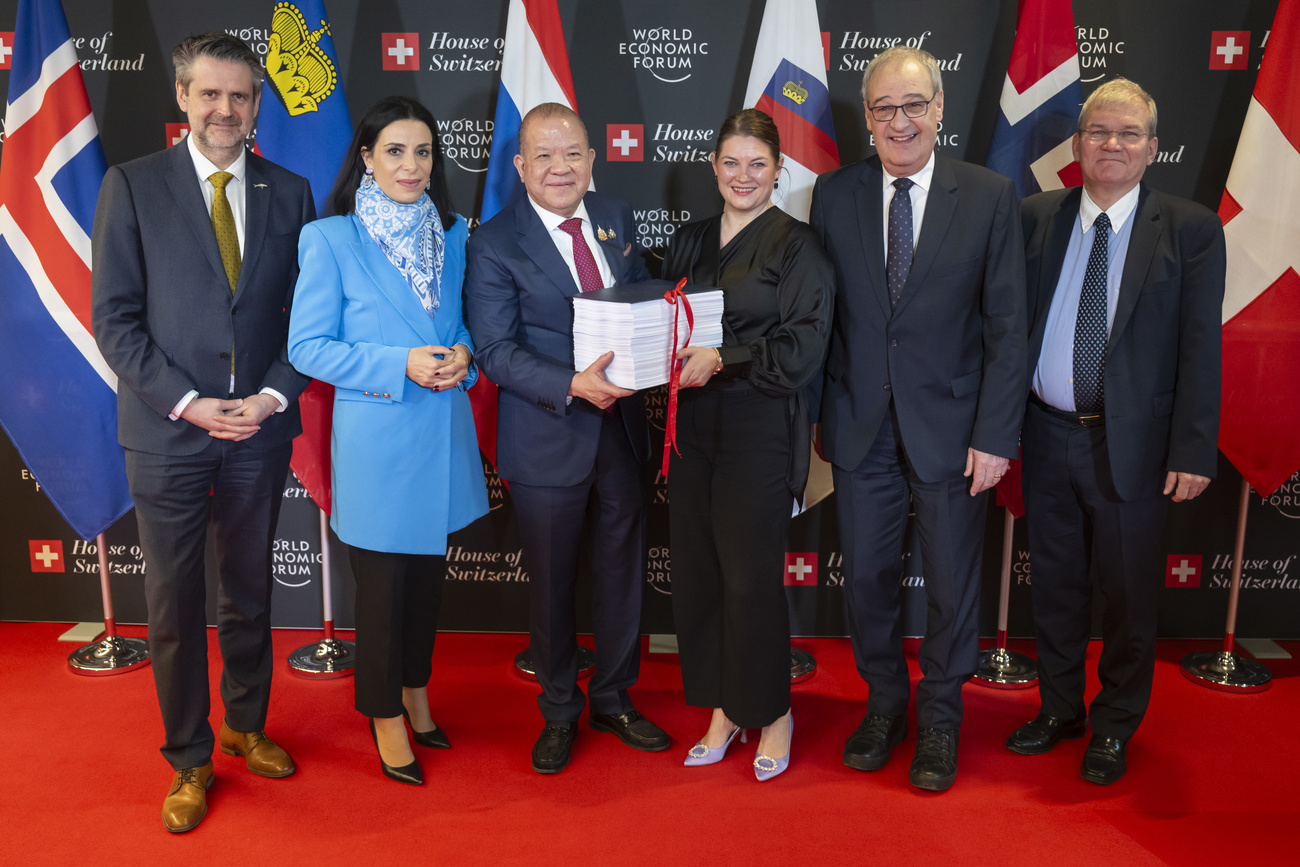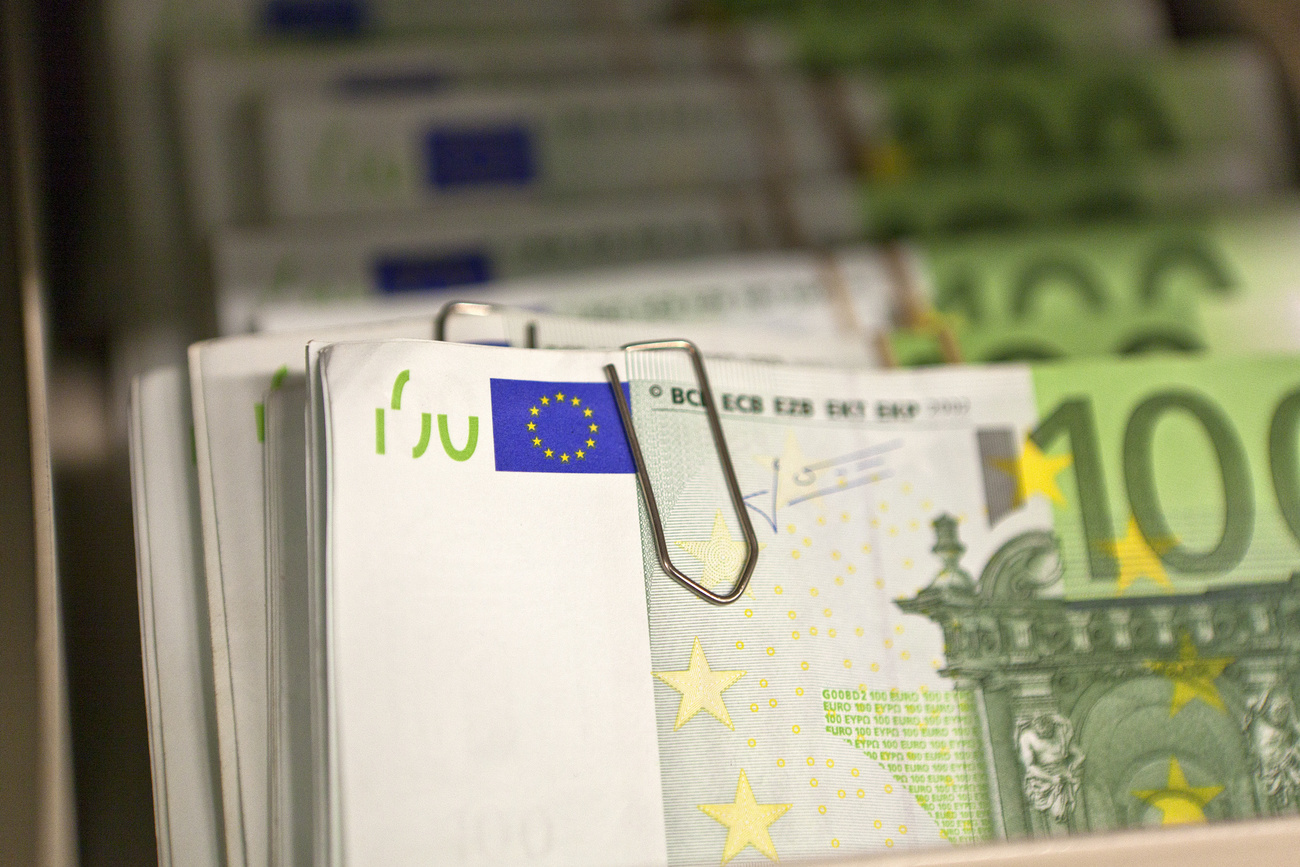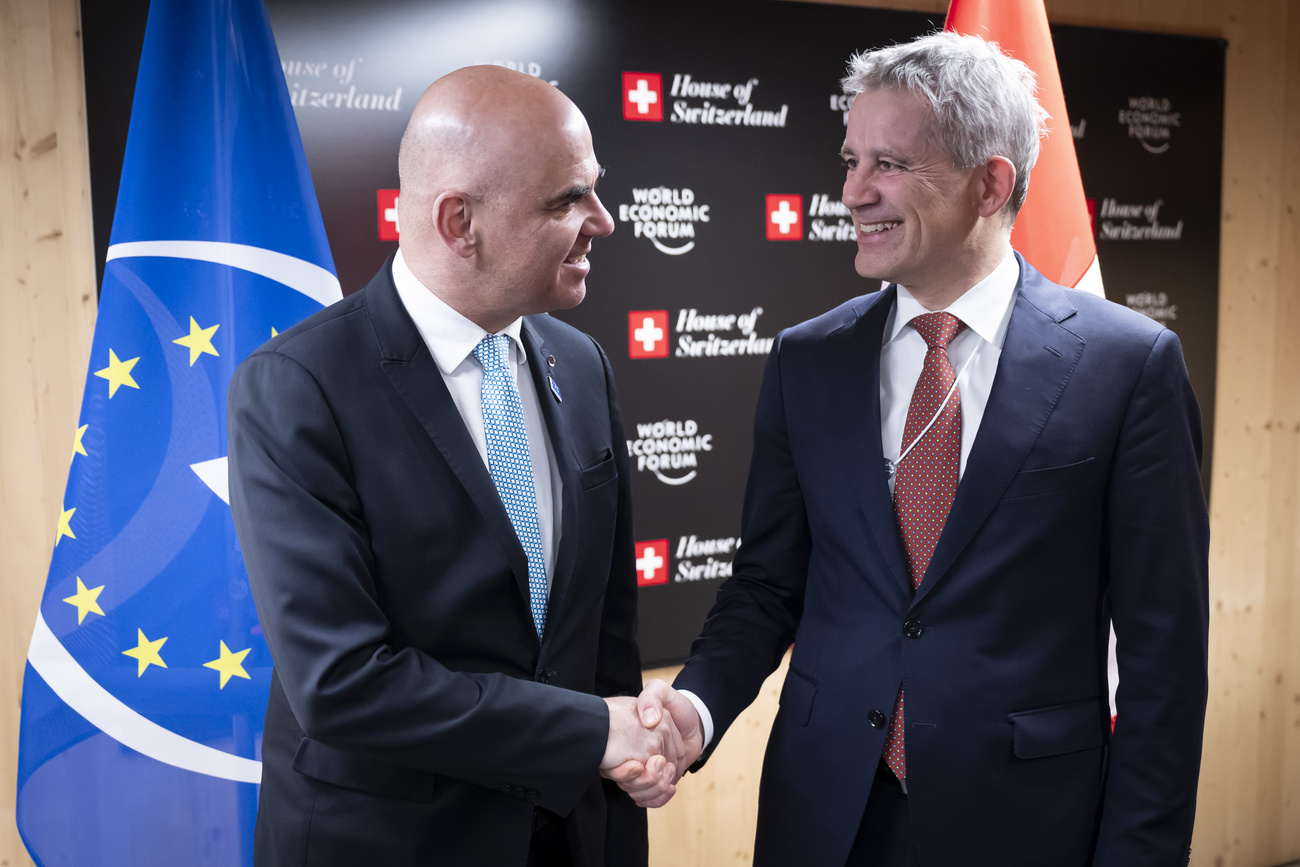Nationalisation suggested to save Red Cross Museum

The director of the International Red Cross and Red Crescent Museum in Geneva is calling for a national debate on the institution's future, following the announcement that a foreign ministry subsidy will be cut in 2027. One of the options on the table is nationalisation.
+Get the most important news from Switzerland in your inbox
“We need a public debate on the future of the museum. Such a decision cannot be taken without consultation,” Pascal Hufschmid told the Swiss News Agency Keystone-ATS. He cannot accept that the museum’s immense heritage, from the first Nobel Peace Prize medal to the archives of First World War prisoners of war, should languish far from the public eye.
Under the planned scenario, which, unlike the other cost-cutting measures, may not be submitted to parliament for consultation in January, the foreign ministry will stop its annual subsidy of almost CHF1.1 million ($1.25 million). This represents a quarter of the museum’s budget.
The museum has been invited to take part in a tender competition run by the Swiss Federal Office of Culture (FOC) for the period 2027-2030, which, according to Hufschmid’s estimate, could offset around CHF300,000 a year. And with no guarantee beyond that in the event of an award. However, the transfer from the foreign ministry to the FOC is already underway.
+ Replica Hiroshima tricycle exhibits at Red Cross Museum
In any case, “we would be faced with a structural deficit”, says the director. With fewer than 15 full-time equivalents, each member of staff looks after more members of the public on average than at Zurich’s major museums.
At the opening of the new temporary exhibition in early October, Hufschmid, on the verge on tears but combative, deplored a decision that he says jeopardises the museum’s “viability”. Hufschmid believes that the consequences have not been properly considered in Bern.
‘Important for Switzerland’s image’
“Every year, we talk to over 120,000 people about international humanitarian law (IHL), including 25,000 young people,” he says. Of these, almost half come from other parts of the country. “It’s not just a cultural affair for Geneva” because “every canton has a link with the history of the Red Cross, and [founder] Henry Dunant is a national figure”, he adds.
Hufschmid says he is not opposed to change, provided it guarantees the establishment’s long-term future. Among the options on the table, nationalisation should not be taboo. “It’s a museum that’s just as important for Switzerland’s image abroad as the Swiss National Museum,” says Hufschmid.
Another possible scenario would be for the museum to continue to look after the collections, which would however be deposited with a national institution that would relieve the museum of significant costs. Private funding cannot be ruled out either. “But these players tend to invest in projects, not in operating costs,” explains Hufschmid.
For all that, he is convinced that the museum will still be there in 2027. “Because it can’t not exist. I can’t believe that Switzerland would decide to lose it.”
Translated from German by DeepL/ts
This news story has been written and carefully fact-checked by an external editorial team. At SWI swissinfo.ch we select the most relevant news for an international audience and use automatic translation tools such as DeepL to translate it into English. Providing you with automatically translated news gives us the time to write more in-depth articles.
If you want to know more about how we work, have a look here, if you want to learn more about how we use technology, click here, and if you have feedback on this news story please write to english@swissinfo.ch.

In compliance with the JTI standards
More: SWI swissinfo.ch certified by the Journalism Trust Initiative



















You can find an overview of ongoing debates with our journalists here . Please join us!
If you want to start a conversation about a topic raised in this article or want to report factual errors, email us at english@swissinfo.ch.